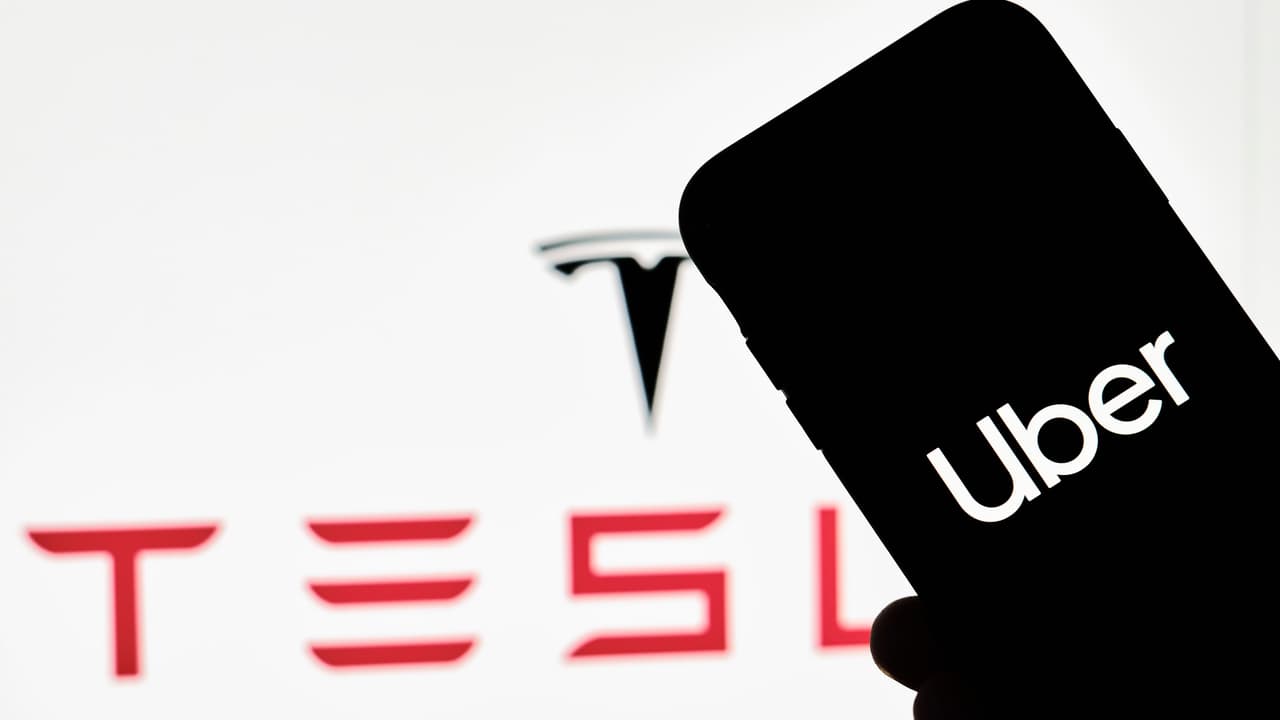Although some believe Uber could collaborate with Tesla, others worry that Musk’s plans for a Tesla robotaxi network might erode Uber and Lyft’s market share.
Shares of Uber Technologies, Inc. ($UBER) and Lyft, Inc. ($LYFT) fell over 5% on Monday after Bloomberg reported that President-elect Donald Trump’s team plans to prioritize a federal framework for self-driving vehicles.

Sources familiar with the matter indicated that Trump’s transition team aims to streamline autonomous vehicle regulations through the Department of Transportation, potentially accelerating the deployment of cars without human controls.
This shift could significantly benefit Tesla ($TSLA) CEO Elon Musk, who has been a close ally of the president-elect.
Musk is also betting heavily on self-driving technology and artificial intelligence, with plans to roll out Tesla robotaxis by 2026.
Bloomberg sources noted that a bipartisan legislative measure is in early discussions to establish federal rules around autonomous vehicles. Emil Michael, a former Uber executive, is reportedly being considered for the role of Transportation Secretary.
Despite the initial stock drop, retail sentiment on Stocktwits for Uber remained ‘bullish’ while Lyft’s sentiment was ‘neutral’ as of Monday afternoon.


Some traders saw the dip as a buying opportunity or downplayed it as an over-reaction.
However, not everyone was convinced, with some users expressing concern over Musk’s ability to “push his agenda faster than anyone else.”
Tesla recently announced its ambitious plans to produce driverless Cybercab and Robovan models by 2026.
However, the automaker faces regulatory hurdles, as the National Highway Traffic Safety Administration (NHTSA) currently requires special permissions for vehicles without manual controls like steering wheels.
Furthermore, Tesla can only deploy 2,500 autonomous vehicles per year under existing exemptions.
Uber has already been forming partnerships with companies like Google’s Waymo, GM’s Cruise, and Avride to integrate autonomous vehicles into its platform.
Lyft, meanwhile, announced new AV-focused collaborations earlier this month, including a partnership with Mobileye.
Although some believe Uber could collaborate with Tesla, others worry that Musk’s plans for a Tesla robotaxi network might erode Uber and Lyft’s market share.
Uber’s stock has gained nearly 18% year-to-date, while Lyft has seen a 24% increase, compared to Tesla’s roughly 35% surge.
